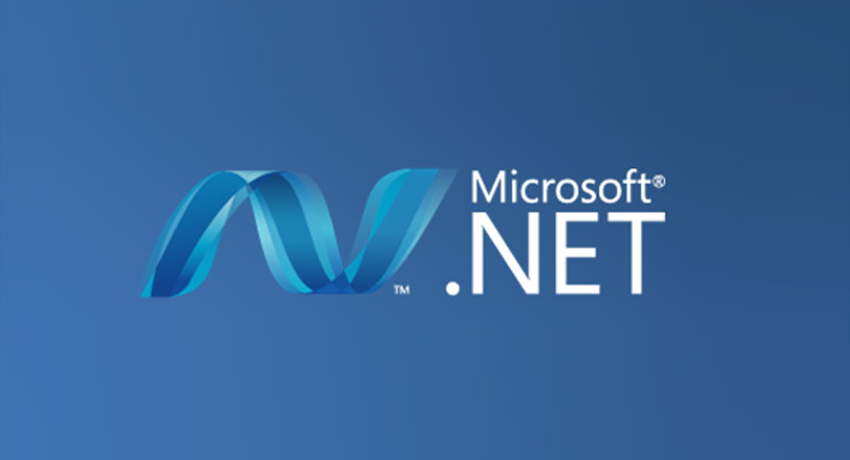about us
Asp.Net programming
| fees |
15,000 |
|---|---|
| duration |
6 months |
| prerequest |
basic computer knowledge |
| mode |
online/offline |

ASP.NET is a popular web development framework for building dynamic, data-driven web applications. It is based on the Microsoft .NET framework and can be used to develop web applications using languages such as C# and Visual Basic. In this article, we'll discuss what is typically included in a course on ASP.NET programming.
- Introduction to ASP.NET: This section covers the basics of ASP.NET programming, including how to set up a development environment, the structure of an ASP.NET web application, and the ASP.NET page life cycle.
- Web Forms: This section covers how to use Web Forms to create interactive web pages, including how to handle user input, validation, and postback events.
- ASP.NET Controls: This section covers the built-in controls available in ASP.NET, such as buttons, labels, textboxes, and drop-down lists, and how to use them to build web applications.
- Data Access: This section covers how to use ASP.NET to connect to databases and perform CRUD operations using technologies such as ADO.NET and Entity Framework.
- MVC: This section covers the Model-View-Controller (MVC) pattern and how to use it in ASP.NET to create scalable and maintainable web applications.
- Security: This section covers how to secure ASP.NET web applications using authentication and authorization mechanisms such as Forms authentication and Windows authentication.
- Deployment: This section covers how to deploy an ASP.NET web application to a web server, including how to configure the application for production use.
- Project Work: This section allows students to apply their knowledge by building a complete web application using ASP.NET.
Overall, an ASP.NET programming course provides a comprehensive introduction to the framework, covering both basic and advanced topics. Students will gain hands-on experience working with ASP.NET and will be able to build their own web applications using the framework.
get job after this course
After completing a course in Java programming, you can pursue various job opportunities in the field of software development. Some of the job roles that you can consider are: ASP.NET Web Developer,Full Stack Developer Software Engineer,Database Administrator
